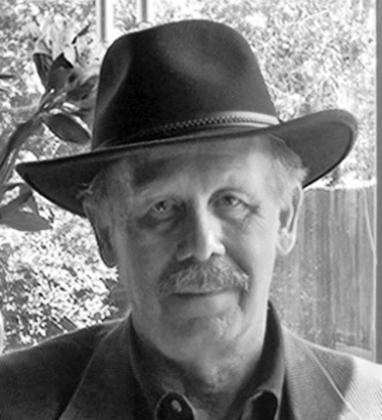Anson Jones boarded a ship at Galveston on Jul. 11, 1838 for the long, roundabout trip to Washington, D.C.
As much as the Massachusetts native dreaded the difficult journey, he disliked the destination even more. But Dr. Jones always found it hard to say no to Sam Houston.
With the end of his term in sight, the president of Texas wanted to pick the next minister to the United States rather than leave such an important decision to his successor. The time had come for the Lone Star Republic to withdraw its request for annexation, but the task demanded the delicate touch if statehood were to remain a possibility.
When his first and second choices turned down the appointment, Houston offered the Potomac post to Anson Jones. Although the colorless physician was no world-class diplomat, The General took comfort in the fact that he would follow his instructions to the letter.
Shuddering at the prospect of an extended stay in the national capital, Jones tried in vain to decline the honor. In the final analysis, he realized it was easier to accept the distasteful assignment than to change Houston’s steel-trap mind.
Since the very thought of ocean travel made Jones queasy, he suffered from seasickness throughout the entire three-day crossing of the Gulf of Mexico. No sooner was he reunited with his stomach than the two again parted company on the agonizingly slow cruise up the Mississippi.
Veering east onto the Ohio River, Jones’ misery was compounded by boorish traveling companions. “A Hoozier undertook to root me out of my bed last night,” he recorded in his diary, “but I succeeded in driving him off by speaking some English, a language he did not understand.”
Another fellow traveler got under his skin by claiming Iowa and Texas had much in common. “The man is a fool,” Jones scribbled furiously. “There is no comparison between them.”
Twenty-four days out of New Orleans, the ailing doctor reached the District of Columbia only to discover that no one was home. To escape the unbearable heat and humidity, politicians and bureaucrats evacuated Washington every summer.
The hot-weather hiatus left Jones in limbo. Until formally received by President Martin Van Buren, he could not begin to function in an official capacity. To keep busy, he spent days studying the files of the Texas legation.
During this cram course, Jones came across a communication from Houston to his predecessor advising the envoy to drop the matter of annexation if congress adjourned without taking favorable action. That sly old dog! He had written those words only days after criticizing Jones for publicly advocating the same policy!
Van Buren finally returned to Washington in October and granted the new minister the obligatory audience. The meeting met the guest’s low expectations. Barely able to conceal his hostility toward Texas, the president stiffly accepted Jones’ credentials and sent him on his way.
Nine days later, Jones hand-delivered the historic note to the state department which announced “the formal and absolute withdrawal of the proposition for annexation of Texas to the United States.” In view of the shabby treatment of his countrymen since the Battle of San Jacinto, he took grim satisfaction in being the bearer of such richly deserved tidings.
Depending upon the Washington press for the latest news back home, Jones read about the presidential election of Mirabeau Lamar. Following the suicides of his two chief competitors, the outcome had been a foregone conclusion. The only good that would come out of a Lamar administration, believed Jones, would be his own prompt replacement.
But the inauguration was two months away, and the lame-duck minister felt duty bound to labor on behalf of what he affectionately referred to as his “spunky little independent Republic.” He courted the resident representatives of the European powers and succeeded in scoring points with most.
Through no fault of his own, Jones failed to break the ice with the British ambassador. Few ever saw the eccentric Englishman, an inaccessible recluse who led a vampire existence sleeping in the daytime and working all night.
By the spring of 1839, Jones believed Lamar must have forgotten that a Houston appointee was still holding down the diplomatic fort in faraway Washington. The delay, in fact, reflected the commitment of the second president of Texas to a permanently independent nation that depended upon the U.S. for nothing more than a steady stream of immigrants.
Not until five months after Mirabeau Lamar took office was Anson Jones relieved of his unwanted post. Jones knew better than to expect a pat on the back for a job well done, but he was cut to the quick by the blunt wording of the recall notice. The future and final president of Texas never forgave nor forgot the insult.


